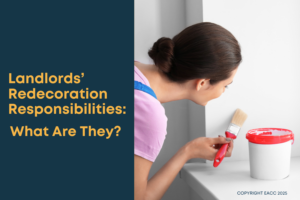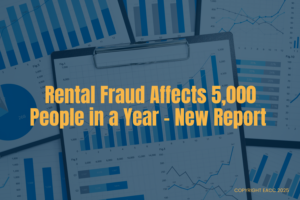The Renters’ Reform Bill was first announced back in December 2019 at the state opening of Parliament, as part of the Queen’s speech to set out the then new Government’s plans. It formed part of the Government’s intentions to “enhance the rights of those who rent” and the bill set out measures to be considered.
The Bill is seen by many as an opportunity to address some of the problematic areas the sector has, but fundamentally it must be fair to both landlords and tenants. There is support for the strengthening of repossession grounds for landlords under Section 8 where there is valid cause. However, questions do remain specifically about what will replace Section 21, but it is accepted that whether the industry likes this element or not the Government has made a commitment to abolish it, and this has widespread political support.
The Lettings Industry Council, made up of rental experts, have recently set out what they want to see in this reform and some of their key recommendations include that every tenancy has a written tenancy agreement or at least a written Statement of Terms and in the absence of either, the government’s model tenancy agreement should be used as the default agreement. They call to review the accelerated procedure to reduce the listing of PRS claims and prioritise cases so they can be taken out of the system without delay. Clarification on dealing with abandonment cases, enabling a process without recourse to the court to further reduce unnecessary court cases where a tenant has clearly already left the property and prioritising cases with high or persistent rent arrears, dropping review hearings, and employing more judges to further reduce the workload and strain on the courts.
Council chair Theresa Wallace commented: “Each year, in an attempt to combat some of the issues experienced in the private rented sector, including sub-standard properties, rogue and naïve landlords, and untrained agents, more and more legislation has been introduced, confusing even diligent landlords with the complexities in providing a rental home.
“So far, these changes to legislation, which often come at a financial cost to the landlord, have just compounded the problems further and is a core reason given for why landlords are exiting the sector, leaving a shortfall of available rental properties. As a result, in 2022 we are experiencing the biggest crisis we have seen surrounding the shortage of rental property. We need to encourage investment into the market and that includes private landlord investment.
“The Renter’s Reform Bill provides a once in a generation opportunity to improve the lives of renters. This report seeks to find a balance between encouraging investment in the sector to increase available homes and ensure they are of consistent good quality through natural supply and demand competition.”
I will keep you updated on the White Paper progress and as always please call me for any further information on this or anything else you need advice on in the property market.






